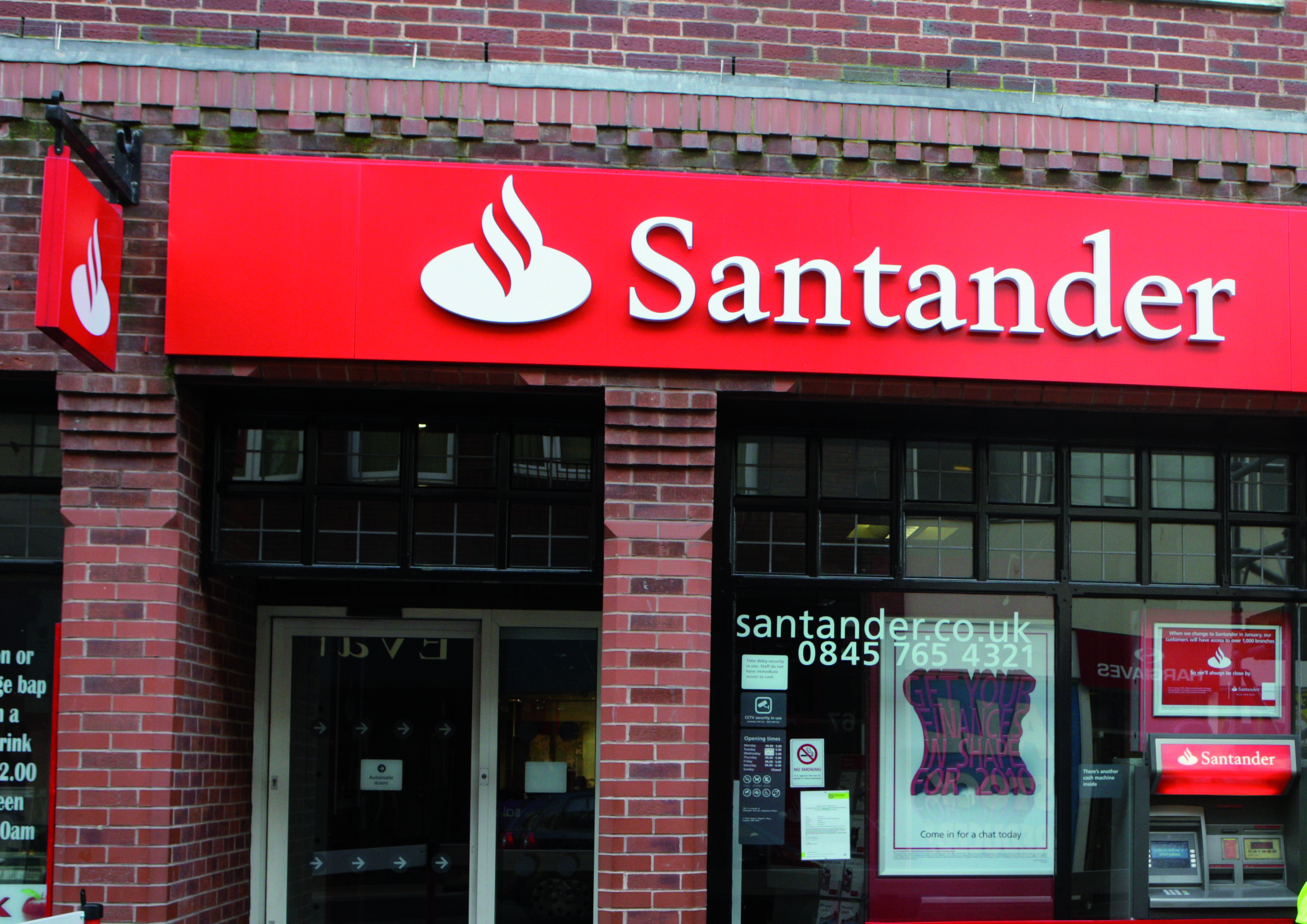By analysing the independent Moneyfacts data, HSBC looked at the lowest mortgage rate available from mortgage brokers and directly from lenders, across the four most popular mortgage categories: two year fixed, five years fixed, two year trackers or discounts and lifetime trackers.
The difference in rates was most significant for two-year trackers and discounted mortgages, over the last two years, the cheapest direct mortgage has on average been 0.47 per cent cheaper than the best deal available from brokers. Similarly for lifetime trackers the margin has been 0.32 per cent, for two year fixes 0.26 per cent, and five year fixes 0.19 per cent. The average gap between all mortgages studied was 0.31 per cent, for a typical £150,000 mortgage it equates to £465 per year in extra interest.
Martijn van der Heidjen, head of mortgages at HSBC commented: "This research shows just how much the mortgage market has changed over the last two years. With loans available from brokers failing to beat direct lenders lowest deals for over 90 per cent of the last two years, customers can no longer rely on brokers to get them the best deal in town."
At the height of the property cycle in 2007, brokers sold as many as seven in 10 of all mortgages, with most lenders going out of their way to keep brokers on side, even offering better rates than they were prepared to lend customers themselves. However as the credit crunch tightened its screw, many of these lenders fell by the wayside, and the exclusive broker deals became ever less common.
Since 2007 direct lenders have picked up much of the shortfall, with lenders like HSBC and First Direct driving competition in the market. In 2009, HSBC mortgages appeared in 1412 best buy tables, more than any other lender, First Direct was second with 1347. The most competitive lender which sells through brokers managed just 700 appearances in best buy tables.
Van der Heijden continued: "No one can argue that shopping around isn't the most sensible approach to take when looking for a new mortgage. Going to a broker can be a useful part of this process, but as this research clearly shows it definitely shouldn't be seen as the route to guaranteeing you the best deal. Borrowers need to check newspaper best buy tables, comparison sites and lenders directly to ensure they are getting a great deal."
HSBC has never sold its mortgages via intermediaries, the bank's strategy is that it believes it is best placed to sell its own mortgages, and that lender and borrower need to deal with each other during the sale process to make the best lending and borrowing decisions. The growth in directly sold mortgages is proof that more lenders are realising that holding the ongoing relationship with their customer is more important than just making another sale.
One of the criticisms often levelled at direct lenders by brokers is the cherry picking of only the best customers, but this simply isn't true. HSBC accepts around eight in 10 of all customers who apply for a mortgage with the bank and the growth of our mortgage business backs this up. HSBC was the largest net mortgage lender in the UK in 2008 and second in 2009, with a market share trebling in two years from three per cent to 10 per cent of all mortgage sold in the UK.






